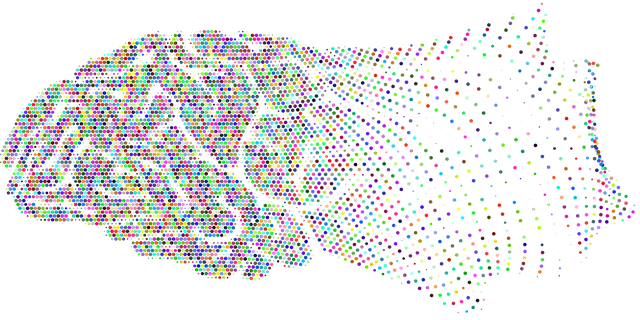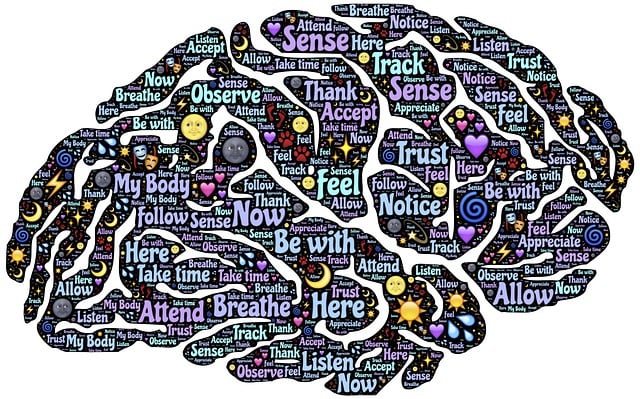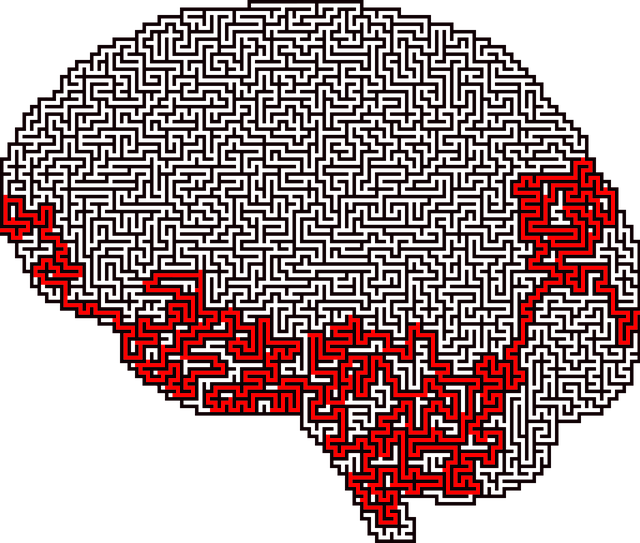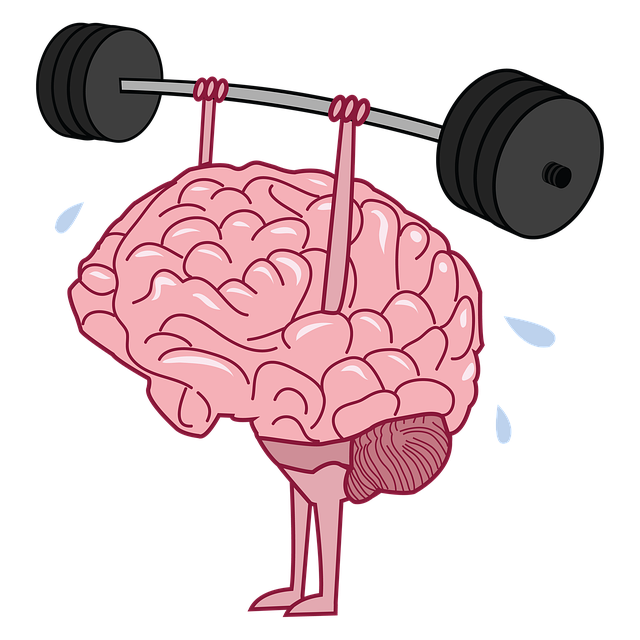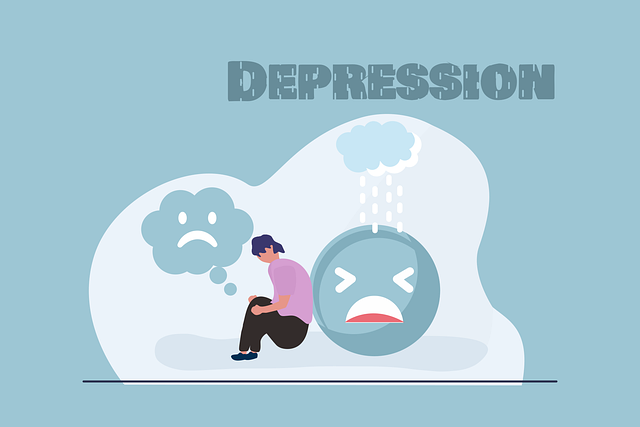Northglenn Therapy for Therapists-Clinicians offers a holistic approach to mental health support, focusing on personalized coping skills development. By evaluating clients' unique emotional landscapes and incorporating evidence-based techniques, therapists empower individuals to manage stress, anxiety, and trauma effectively. This tailored approach enhances self-reliance, fosters resilience, and reduces mental illness stigma through education and supportive environments, ultimately improving overall well-being.
In today’s challenging world, fostering effective coping skills is paramount in mental health support. This article guides therapists and clinicians through essential strategies to enhance client resilience. We explore ‘Understanding Coping Skills’, emphasizing its role as a cornerstone for therapeutic success. By delving into ‘Identifying Individual Needs’, we stress the importance of personalized approaches. The Northglenn Therapy model offers an innovative framework, showcasing how integrated coping skills training optimizes client outcomes. Practical tools and techniques are provided to empower therapists in facilitating lasting coping skill development.
- Understanding Coping Skills: A Foundation for Therapist-Clinician Support
- Identifying Individual Needs: Personalized Coping Strategies for Effective Therapy
- Northglenn Therapy Approach: Integrating Coping Skills Training for Optimal Client Outcomes
- Practical Implementation: Tools and Techniques for Therapists to Facilitate Coping Skills Development
Understanding Coping Skills: A Foundation for Therapist-Clinician Support

Coping skills are essential tools for therapists and clinicians supporting individuals or communities facing various challenges. Understanding coping mechanisms involves recognizing that each person has unique strategies to navigate stress, anxiety, trauma, or other mental health concerns. This foundation is crucial for Northglenn therapy professionals as it enables them to offer tailored support. By evaluating a client’s current coping methods and identifying areas for improvement, therapists can design effective treatment plans focusing on resilience building and confidence boosting.
Mental health education programs play a vital role in this process, equipping individuals with the knowledge and skills to manage their well-being effectively. Through these programs, clients learn about different coping techniques, such as mindfulness practices, stress management strategies, and healthy ways to process emotions. This holistic approach not only enhances overall mental health but also empowers individuals to cope with future challenges, fostering a sense of self-reliance in the face of adversity.
Identifying Individual Needs: Personalized Coping Strategies for Effective Therapy

In Northglenn therapy sessions, therapists and clinicians play a pivotal role in guiding individuals toward discovering and developing personalized coping skills tailored to their unique needs. Effective therapy begins with a thorough assessment of each client’s emotional landscape, considering factors like past experiences, current stressors, and personal strengths. This process is crucial for identifying the specific areas where support is required, whether it’s managing anxiety, trauma support services, or building resilience.
By fostering emotional intelligence, therapists enable clients to better understand their emotions, thoughts, and behaviors. This self-awareness serves as a cornerstone for crafting personalized coping strategies. For instance, some individuals might benefit from mindfulness practices for stress reduction, while others may require different approaches such as cognitive reframing or creative outlets to boost confidence and enhance emotional well-being. Through Northglenn therapy, clients are empowered to navigate life’s challenges with greater ease, fostering a sense of agency and self-efficacy.
Northglenn Therapy Approach: Integrating Coping Skills Training for Optimal Client Outcomes

The Northglenn Therapy Approach is a comprehensive framework designed to empower therapists and clinicians in assisting clients in developing robust coping skills. This approach integrates evidence-based techniques tailored to individual needs, ensuring optimal therapeutic outcomes. By fostering self-care practices within the therapeutic process, Northglenn Therapy promotes anxiety relief and addresses underlying mental health concerns effectively.
This methodical yet flexible strategy encourages therapists to create a safe and supportive environment, enabling clients to explore and master coping mechanisms. The ultimate goal is not only to reduce the symptoms of various mental illnesses but also to cultivate long-lasting resilience. Through this approach, therapists can guide their clients towards breaking down the barriers imposed by the stigma surrounding mental illness, thereby fostering open dialogue and enhancing overall well-being.
Practical Implementation: Tools and Techniques for Therapists to Facilitate Coping Skills Development

In Northglenn Therapy for Therapists-Clinicians, practical implementation plays a pivotal role in enhancing coping skills development. Therapists can leverage various evidence-based tools and techniques to facilitate this process effectively. One such approach is incorporating Social Skills Training, which teaches clients how to navigate social interactions with greater ease and confidence. Role-playing scenarios and group discussions are powerful methods to practice and refine these skills, fostering a sense of comfort in social settings. Additionally, integrating Mental Illness Stigma Reduction Efforts into therapy sessions can create a supportive environment, encouraging open dialogue and promoting understanding.
Public Awareness Campaigns Development is another strategic tool that therapists can utilize. By sharing informative resources and engaging in community outreach, therapists contribute to broader mental health literacy. This not only empowers clients with knowledge but also fosters a more inclusive and accepting societal atmosphere. Through these practical implementations, Northglenn Therapy for Therapists-Clinicians ensures that coping skills development is tailored to individual needs while addressing broader systemic challenges like stigma.
Coping skills development is a powerful tool in the arsenal of therapists and clinicians, offering personalized strategies to empower clients. As discussed, understanding individual needs and integrating evidence-based practices like the Northglenn Therapy approach can lead to optimal outcomes. By facilitating coping skill development, therapists enable clients to navigate challenges, enhance resilience, and ultimately improve their overall well-being. This holistic approach, combined with practical tools and techniques, equips both therapist and client for a successful therapeutic journey.
